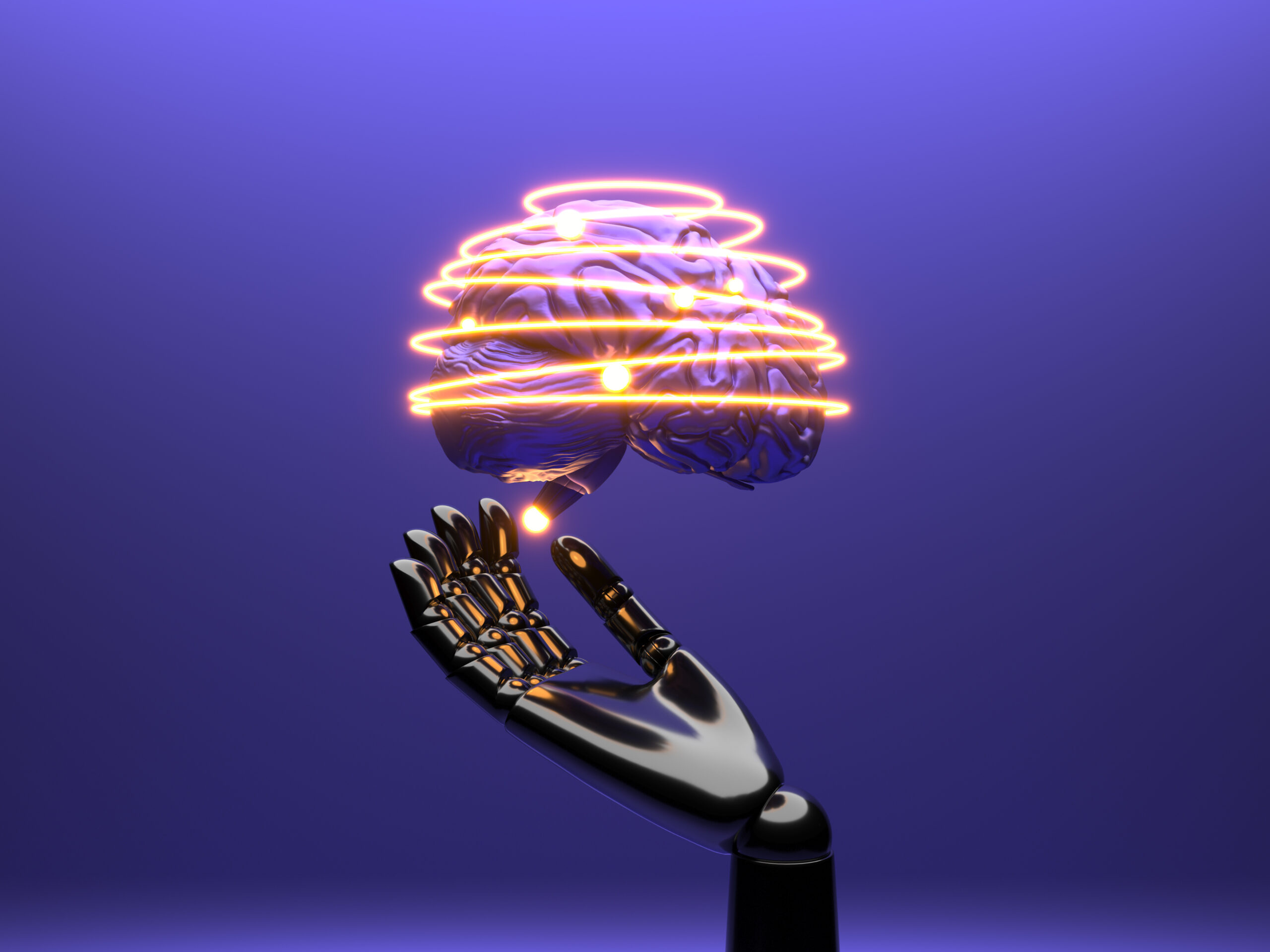News of Google’s potential 30,000 job cuts, fueled by AI advancements, has sparked a heated debate about the future of work and the role of technology in the 21st century. While automation has long been a spectre haunting various industries, this news feels particularly significant, coming from the very heart of Silicon Valley itself.
The potential layoffs, primarily targeting the ad sales department, stem from the integration of powerful generative AI tools like Performance Max. This AI automates campaign planning and ad creation, previously human-led tasks, resulting in increased efficiency and reduced manpower needs.
Are Robots Stealing Our Jobs?
On the surface, this scenario paints a bleak picture of robots replacing human workers. It raises valid concerns about job security, economic displacement, and the widening gap between humans and accelerating AI. However, the impact may not be as straightforward as the headlines suggest.
A Nuance Needed
Firstly, it’s important to consider the wider context. Google has already undergone several rounds of layoffs in recent years, driven by various factors, not just AI. Additionally, while some roles may be lost, others will likely be created – new positions requiring skills to manage, interpret, and optimize these AI tools.
Secondly, the narrative of humans vs. machines often misses the bigger picture. AI can be a powerful tool for augmenting human capabilities, allowing us to work smarter and focus on tasks that require creativity, critical thinking, and emotional intelligence – areas where AI still lags behind.
Navigating the AI Shift
The real challenge lies in navigating this inevitable shift, ensuring a smooth transition for those affected and maximizing the potential of AI for creating new opportunities. Reskilling and upskilling programs, combined with robust social safety nets, are crucial to mitigate the negative impacts of job displacement.
More importantly, we need a broader societal discussion about the ethical implications of AI and its role in the future of work. How can we ensure that AI enhances our lives, promotes equality, and creates a future where technology serves humanity, not the other way around?
The Google layoffs, while concerning, are just one piece of a larger puzzle. They serve as a wake-up call for all of us – individuals, governments, and corporations – to adapt, upskill, and engage in thoughtful dialogue about the future of work in the age of AI.
Ultimately, the story of Google’s AI-driven layoffs is not just about job losses, but about the evolving relationship between humans and technology. It’s a story that’s still unfolding, and one that we need to actively shape, rather than simply watch unfold.



